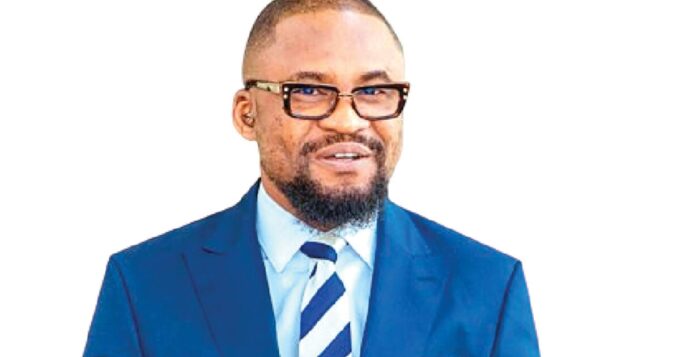By Chinwendu Obienyi
Global Central Banks, including Nigeria, are facing a policy dilemma following the United States moves to legitimise and expand the use of privately issued, dollar-backed stablecoins.
The development could entrench the dominance of the U.S. dollar and accelerate dollarisation in countries with weaker currencies.
googletag.cmd.push(function() { googletag.display(‘div-gpt-ad-1718806029429-0’); });
The concerns, highlighted in a new report by Financial Times, analysed that the global stablecoin landscape stems from Washington’s latest legislative push to both restrict the Federal Reserve from launching its own central bank digital currency (CBDC) and simultaneously providing a regulatory framework for privately issued stablecoins.
According to the report, If passed, the move would further entrench the U.S. dollar’s dominance through digital means and could sideline the monetary sovereignty of nations already grappling with weak currencies and inflation.
For developing nations like Nigeria, which launched the e-Naira in 2021 as a digital complement to the local currency, the growing global popularity of dollar-based stablecoins have already thrown up serious questions about monetary sovereignty, digital infrastructure and consumer trust.
Despite being Africa’s first retail CBDC, the e-Naira has failed to gain meaningful adoption among Nigerians, many of whom continue to prefer stablecoins like USDT and USDC as a hedge against inflation and naira depreciation.
In October 2023, the CBN Governor, Olayemi Cardoso, announced plans to suspend several interventionist policies, including eNaira and chose to shift CBN’s focus to its core mandates of monetary stability and financial soundness.
As of late 2024, eNaira adoption had been low with only 0.36 per cent of currency in circulation circulating digitally and millions of inactive wallets.
This meant that the response to the e-Naira has been tepid, with surveys showing limited public awareness and even lower usage.
Although, there has been unconfirmed reports that the apex bank is working on a new CBDC framework dubbed “cNGN”, there are fears that this might not work as the public prefer stablecoins which offer speed, lower transaction costs, and the perceived safety of dollar backing — features that have drawn growing interest from users and fintech firms across the country.
Chief of Staff at UNDCIF, a UN digital asset initiative, Nitin Datta, in an interview with Financial Times, said, “Nigeria was an open-market experiment for CBDCs. But when citizens don’t trust the underlying fiat currency, the CBDC will not succeed. That is what we saw with the e-Naira.”
Latest data gleaned from the Atlantic Council shows that out of 69 retail CBDC projects globally, only three are live, while two have been cancelled. Nigeria’s experience, analysts say, has become a cautionary tale as governments attempt to navigate the rapidly evolving digital currency space.
Other central banks are adjusting their approach. South Korea recently halted trials of its digital won, allowing local commercial banks to develop a won-backed stablecoin.
The Bank for International Settlements (BIS), the central bank of central banks, last month warned that the rise of private stablecoins if left unchecked could erode public trust in sovereign currencies, impair monetary policy transmission, and expose financial systems to crime and regulatory arbitrage.
Despite these warnings, the private stablecoin market continues to grow at a rapid pace. There are currently about $250 billion worth of stablecoins in circulation globally, with analysts at Citi projecting that figure could rise to between $1.6 trillion and $3.7 trillion by 2030 particularly if the U.S. continues to pursue a crypto-friendly regulatory approach.
They argued that stablecoins are now at the heart of global digital finance, and countries must decide whether to resist them, regulate them, or innovate locally.
The report from Financial Times also revealed that the Bank of England (BoE) is also considering relaxing its stance on stablecoins, with officials now favouring tokenised bank deposits as a more practical alternative to CBDCs.
Meanwhile, the European Central Bank is continuing it’s work on a digital euro, which it sees as critical to safeguarding the bloc’s monetary autonomy and reducing reliance on U.S.-based payment systems.
For Nigeria, the challenge is not just technological, it is also a matter of trust, transparency, and effective communication. Without addressing these fundamental issues, experts warn that public adoption of any sovereign digital currency will remain elusive.
It remains to be seen whether the CBN might respond to this report in its upcoming Monetary Policy Meeting (MPC) where key interest rates decisions will be made on Monday 21 and Tuesday, July 22, 2025.
The post Nigeria, others at crossroads as US backs dollar-based stablecoins –Report appeared first on The Sun Nigeria.

















Leave a comment